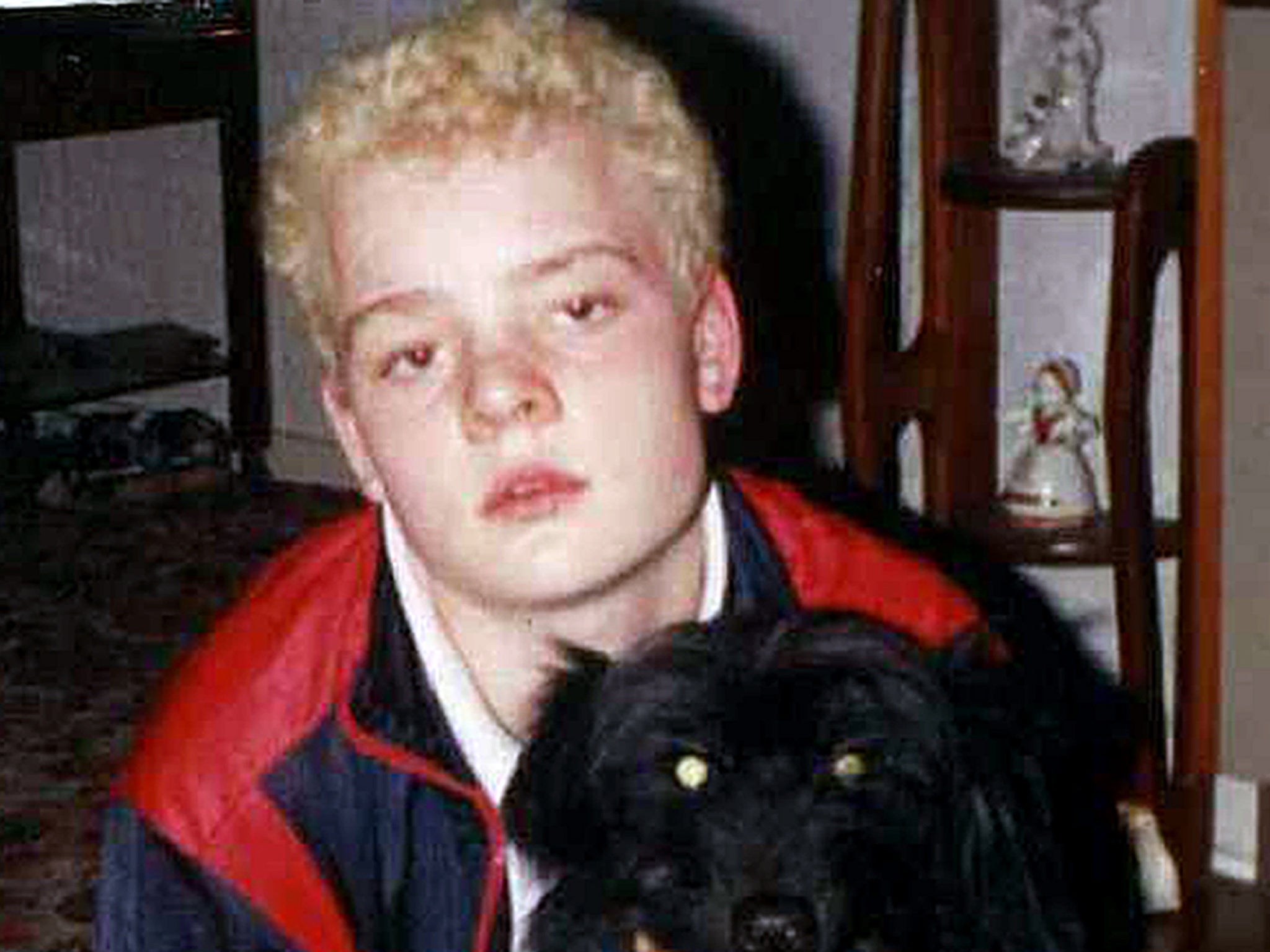Teenagers who tortured and murdered vulnerable woman win fight to keep anonymity
Revealing identities of girls is 'likely to cause each of them very serious harm’, rules judge

Your support helps us to tell the story
From reproductive rights to climate change to Big Tech, The Independent is on the ground when the story is developing. Whether it's investigating the financials of Elon Musk's pro-Trump PAC or producing our latest documentary, 'The A Word', which shines a light on the American women fighting for reproductive rights, we know how important it is to parse out the facts from the messaging.
At such a critical moment in US history, we need reporters on the ground. Your donation allows us to keep sending journalists to speak to both sides of the story.
The Independent is trusted by Americans across the entire political spectrum. And unlike many other quality news outlets, we choose not to lock Americans out of our reporting and analysis with paywalls. We believe quality journalism should be available to everyone, paid for by those who can afford it.
Your support makes all the difference.Two teenage girls who tortured and murdered a vulnerable woman in her own home have been granted lifelong anonymity after a High Court judge ruled that naming them would cause them “very serious harm”.
The pair were 13 and 14 years old when they subjected 39-year-old Angela Wrightson to an hours-long ordeal in Hartlepool in 2014.
Known as D and F, the two youths posted photographs on Snapchat of themselves smiling with Miss Wrightson in the background shortly before her death.
Miss Wrightson, who was an alcoholic, was brutally attacked and hit with a shovel, a TV, a coffee table and a stick studded with screws after she let the teenagers into her home on Stephen Street in December 2014.
She was found dead in her living room, which was spattered with blood, the next morning.
The two young women were handed life sentences at Leeds Crown Court in 2016 and told they must serve a minimum of 15 years in jail.
Their anonymity automatically expired when they turned 18. Their lawyers argued last year that both teenagers suffer from “recognisable mental health conditions” and asked the High Court to grant permanent injunctions preventing them from being identified in relation to the murder of Miss Wrightson.
In a judgement published on Thursday, Mrs Justice Tipples refused to lift reporting restrictions preventing the media from identifying them. She said the case had resulted “in public outrage and revulsion, together with public concern about how these two young girls could commit such a brutal murder”.
But she concluded that revealing their identities “is likely to cause each of them very serious harm’, adding that this was “an exceptional case” in which the balance was “tipped very firmly” in favour of protecting their rights.
“It is both necessary and proportionate to grant the injunctions sought so that both their identities are protected and not revealed,” the judge ruled.
Lifelong anonymity is a rare protection and there have only been nine convicted criminals in England and Wales who have been granted it, including Venables and Thompson, who killed two-year-old James Bulger in Liverpool in 1993, and Mary Bell, who killed two young children in 1968.
Similar orders have also been made in respect to Maxine Carr, the former girlfriend of Soham murderer Ian Huntley who was jailed for giving him a false alibi, the so-called Edlington brothers, who tortured two young boys in South Yorkshire in 2009, and Britain’s then-youngest terrorist, known only as RXG, who interacted an Australian jihadist to launch attacks on Anzac Day in 2015.
In her judgement, Mrs Justice Tipples said: “I am quite satisfied that this is a case where there is a real and immediate risk of serious physical harm or death to F at her own hand if her anonymity is not preserved.”
She said the other girl, D, was also entitled to the ruling, noting that expert psychological evidence showed that if her identity was revealed, it would “significantly increase her risk of self-harm”.
Ian Murray, executive director of the Society of Editors, said in response to the ruling: "What is important is that this decision by the courts to order lifelong anonymity for the perpetrators of such a terrible crime does not create a precedent.
"What is essential is that all cases must be considered on an individual basis if the principles of open justice and providing a deterrent are to be fulfilled.”